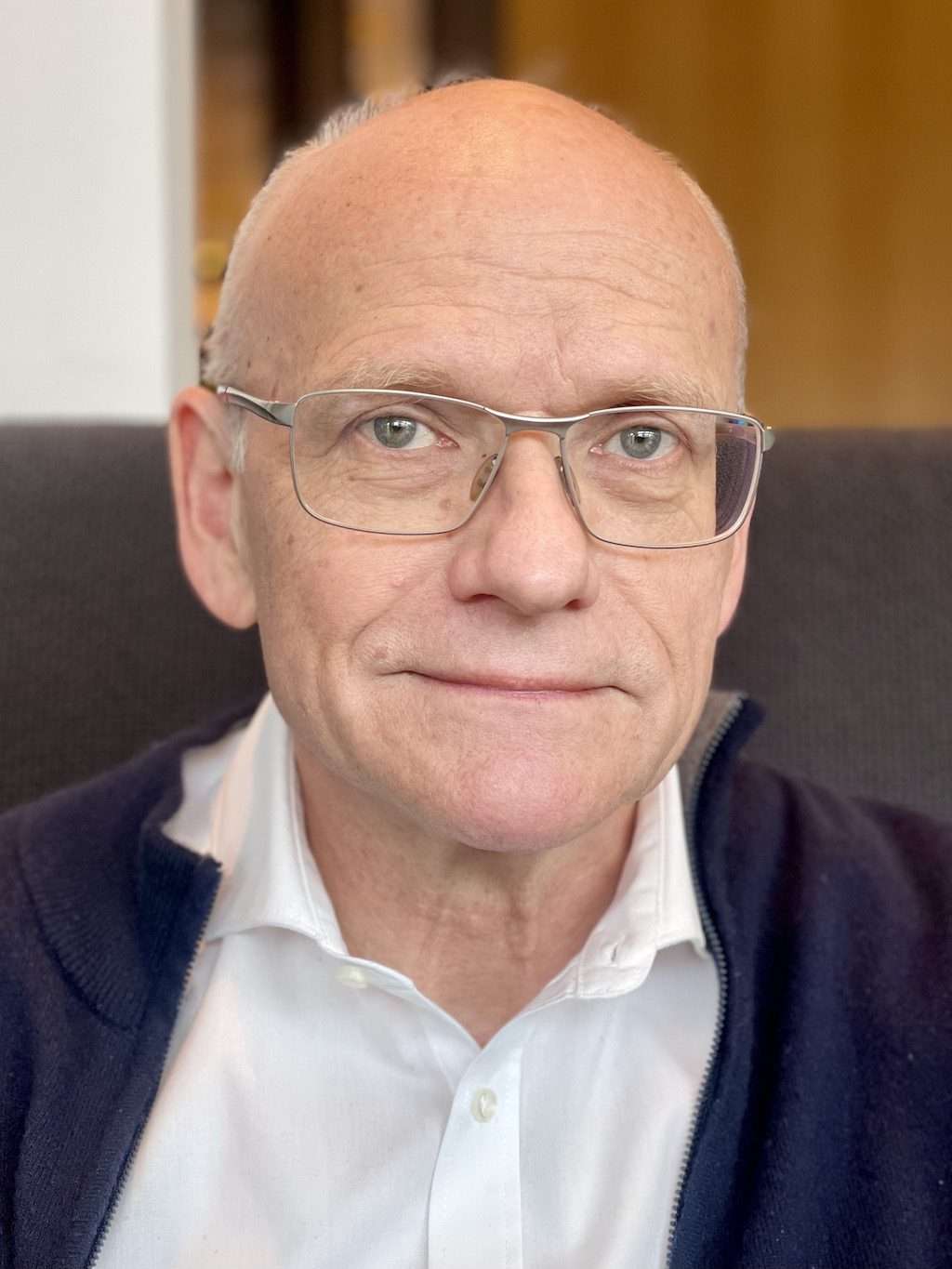
Univ.-Doz. Mag. Dr. Klaus Puhl
Klaus Puhl was Senior Lecturer and Director of Studies at the Department of Philosophy, University of Vienna, and has published widely on Ludwig Wittgenstein, Philosophy of Language and Poststructuralism. He is a member of the Executive Committee of the Austrian Ludwig Wittgenstein Society.
Philosophy Translated Into Action? - Wittgenstein´s Modernist “Language Thinking” and How It Is Relevant For SF Practice in Organisations
Steve de Shazer was delighted to discover many parallels between his thinking about therapy and the philosophy of Ludwig Wittgenstein. He repeatedly used striking statements by Wittgenstein to illustrate Solution Focused principles, especially on the topic of language, on which Wittgenstein made many significant contributions.
The parallels between Wittgenstein's reflections and SF practice are so striking that Dan Hutto, a notable Wittgenstein scholar, is reported to have exclaimed upon hearing a transcript of an SF conversation read out by Chris Iveson: “This is philosophy translated into action!”
But not just in therapy, also in organisational work the parallels between Wittgenstein´s thinking and SF practice provide illuminating insights. However, most of us are not trained as philosophers. So how to draw benefit from a philosopher who turned philosophy on its head much in the same way that Steve de Shazer turned psychotherapy on its head? This workshop is here to help.
We will focus on three relevant areas of Ludwig Wittgenstein´s thinking: His thoughts on
- Everyday language and meaning as social practice, including his critique of everyday language
- Description instead of explanation
- What is “on the surface”
We will discuss the following questions:
- Which of Ludwig Wittgenstein´s statements might be considered particularly significant for Solution Focused practice in organisations? (with a handout of interesting quotes)
- Are these statements (still) relevant for us today? Which of them resonate with us?
- What do they imply for our practice in organisations??
Format: Workshop
Level: Intermediate/Advanced
No maximum number of attendees
